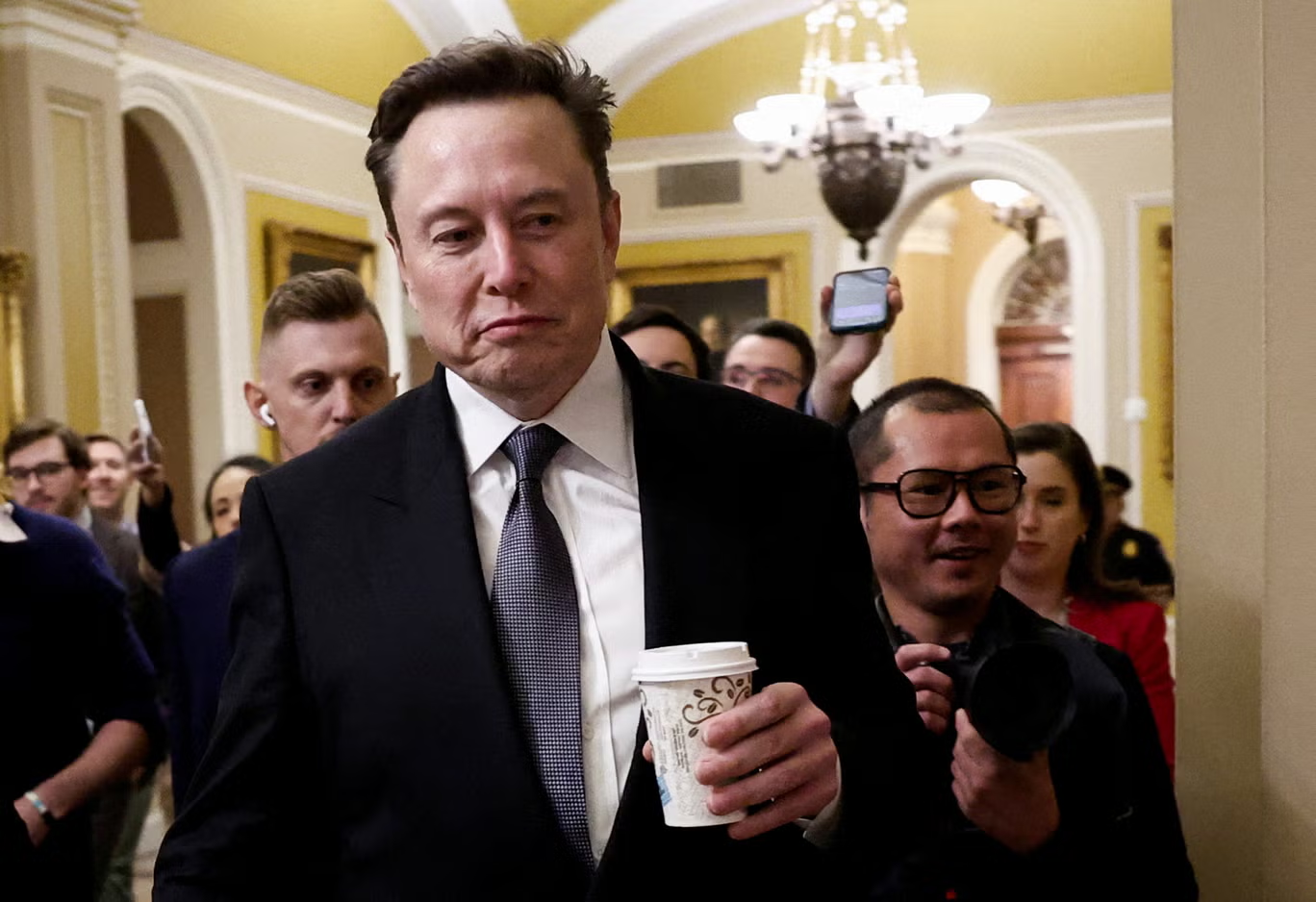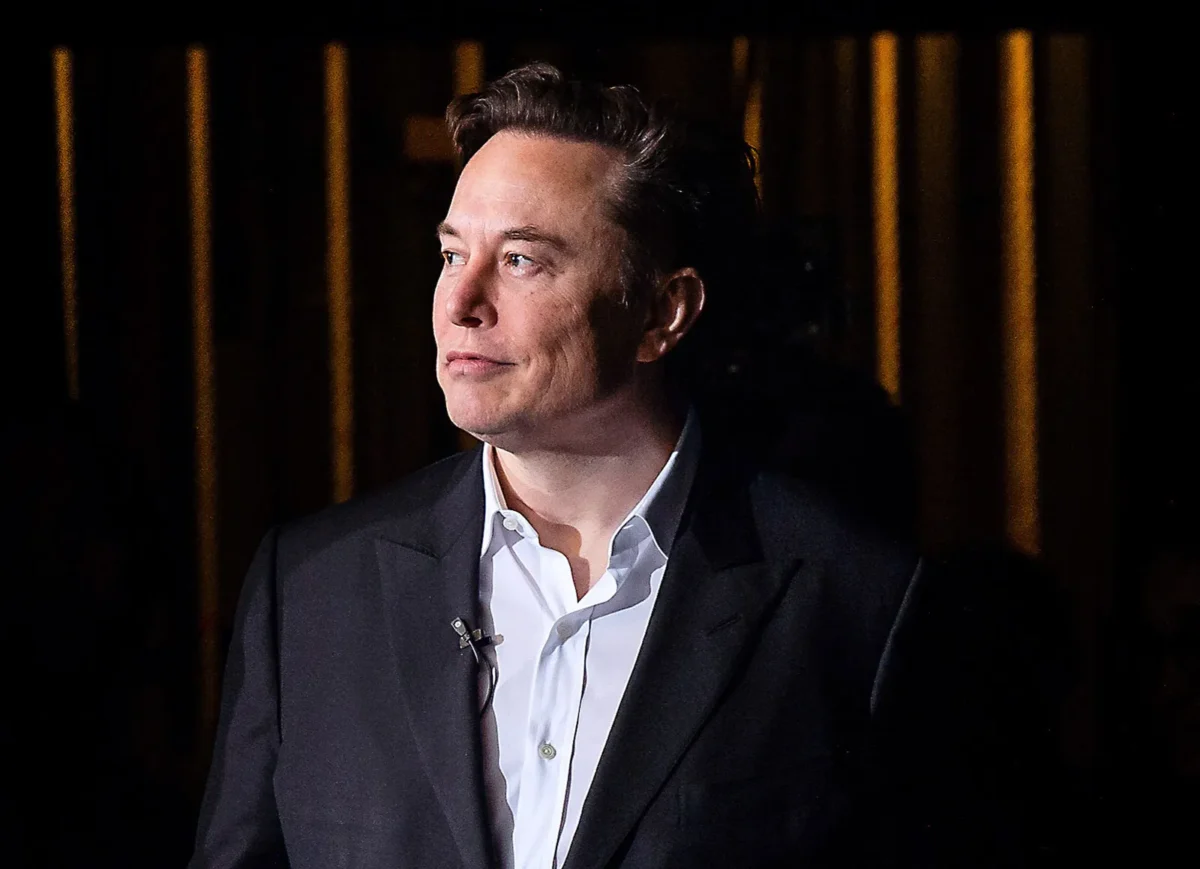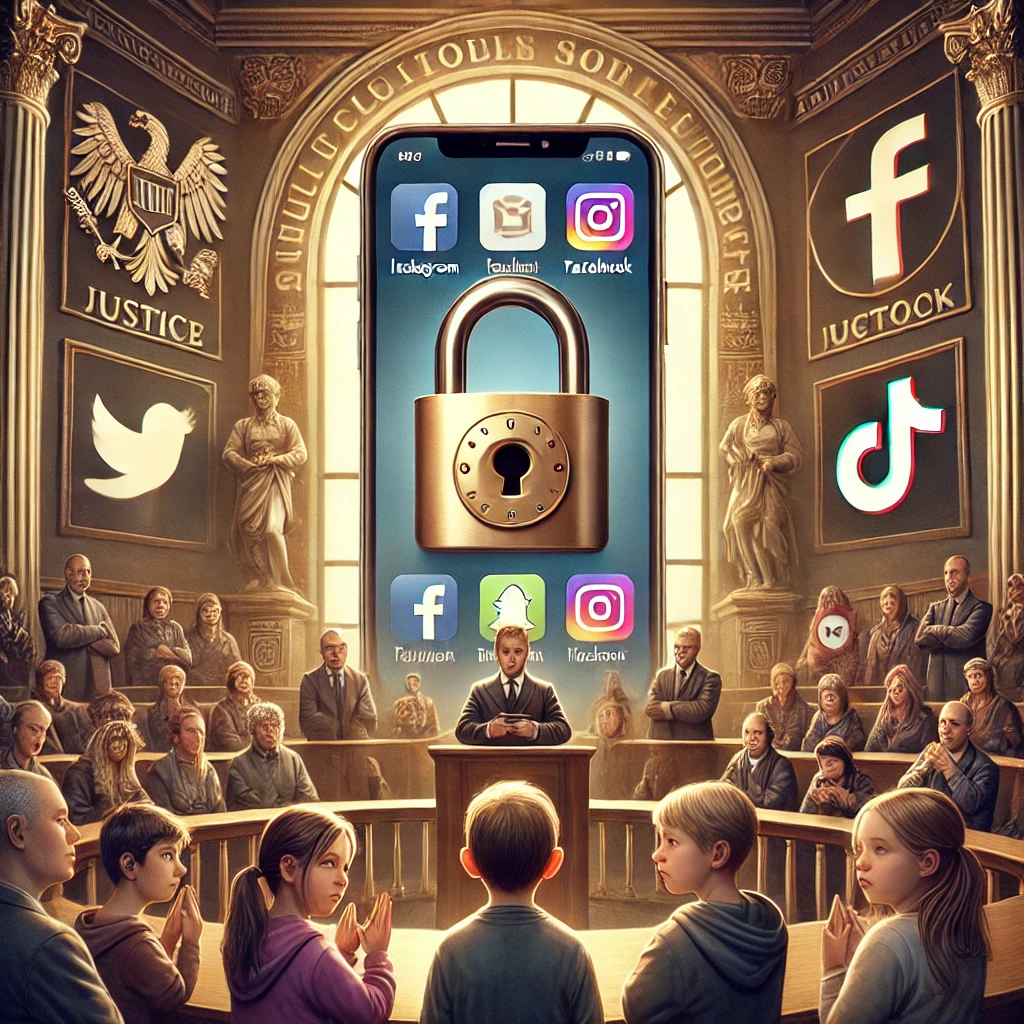Musk Targets Federal Employees, Raising Concerns About Safety
This action by Elon Musk, which made public posts revealing the names and roles of federal employees in climate-related positions, created a wave of anxiety among public servants. The posts, which have been viewed millions of times, feature people in relatively obscure roles and have caused a deluge of online harassment. At least one of the targeted individuals deleted her social media accounts.
Musk’s move is part of a larger scheme of proposed cuts by the government under President-elect Donald Trump’s administration. Musk and entrepreneur Vivek Ramaswamy have been commissioned to recommend downsizing measures.
Federal Workers Caught in the Crossfire
Musk’s posts included information about employees at agencies such as the Department of Energy, Housing and Urban Development, and the Department of Health and Human Services. He labeled these roles as unnecessary, which ignited public outrage. For example, Musk mocked a HUD climate advisor for his $181,648 salary and added a sarcastic comment with laughing emojis.
Though the information that Musk shared is public, it was attention to it that put these employees in the crosshairs of online abuse. Critics say that such actions make a hostile environment for civil servants.
“These tactics aim to instill fear in federal employees,” said Everett Kelley, president of the American Federation of Government Employees.
A Pattern of Targeting Individuals
This is not the first time Musk has targeted individuals. Missy Cummings, a former National Highway Traffic Safety Administration advisor, faced death threats after Musk criticized her online. Cummings, who previously criticized Tesla’s driver-assist programs, had to relocate temporarily for safety.
Cummings noted that Musk’s tactics appear designed to intimidate federal workers into quitting. “His plan is working,” she said.
Implications for Government and Policy
In itself, the uproar about Musk’s posts has further implications. Federal employees could be targeted, driving some from public service roles. The critics argue that this drives along Musk’s and Ramaswamy’s lines to “downsize” the government.
Musk retweeted posts from an account known as “Fentasyl,” which mocked the titles of such roles as “Director of Climate Diversification” at the US International Development Finance Corporation. The follow-up post from the account was discouraging harassment but said, “We deserve to know who is running our government and what they do.
Union and Expert Responses
Union leaders and experts have condemned Musk’s actions. Kelley emphasized the value of federal employees, pointing out that federal contractors receive $750 billion annually, far more than the $200 billion spent on civilian federal workers.
Experts in cyber harassment also noted the chilling effect of Musk’s actions. Several declined to comment publicly, fearing they too could become targets.
Mixed Reactions to Musk’s Posts
Musk’s attacks on the government roles have also sparked controversy. Some support him in exposing inefficiency, while others claim it is putting public servants in danger.
Ramaswamy clarified that the issue was bureaucracy, not individuals, as federal workers contend that personal targeting undermines morale and safety.
Calls for Accountability
The targeting of federal employees shows the challenges of balancing government transparency with individual safety. As Musk continues to influence public discourse, critics urge him to recognize the personal consequences of his actions.
Missy Cummings, reflecting on her experience, said, “Someone has to speak out. I won’t let him win on this point.”
A Debate Over Transparency and Tactics
What has caused this row over transparency in government and also the ethics behind targeting people is Musk’s actions. Some see his post as a way to keep the government accountable, while others see it as reckless and harm-causing.
IMAGE SOURECE: BRITANNICA











